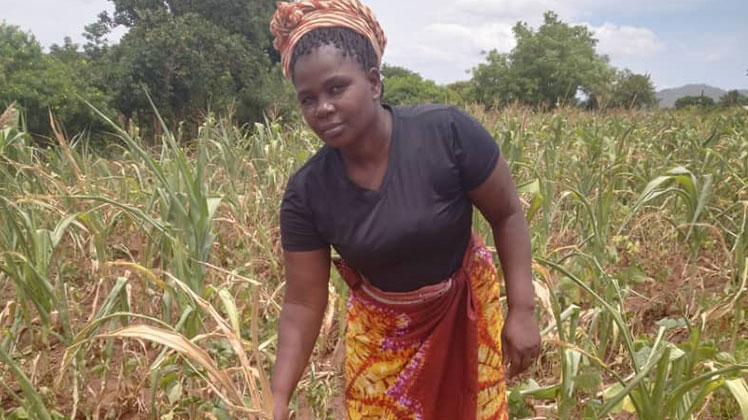Sanitation woes hit informal markets
For Chisomo Chanza, a vegetable seller at Zion Market in Chimwankhunda, Blantyre, everyday is a business day.
She sets her bench early in the morning, displaying assorted vegetables. Due to lack of proper market structures, there are no toilet facilities or water taps in sight.

“There is one toilet for all of us in the market,” she says, pointing to a distant eastern part of the market: “I have been selling here since 2008. There is only one tap which hardly works. To draw water from it, we pay between K50 and K70,” said Chanza.
At Limbe minibus terminal, there are improvised toilets close to the river where women sell food just metres away.
Lilongwe is not spared of these informal markets. For instance, there is a second-hand motor vehicle market, popularly known as Pamatank, as well as the St John’s Secondary School area along the Blantyre-Lilongwe M1 Road. People have established markets in these areas without considering issues of sanitation and hygiene.
According to Kondwani Chidziwisano, a lecturer in environmental health at the Malawi Polytechnic, such informal markets pose a threat to public health.
“Due to lack of water, food is being prepared under compromised situations. Recommended hygienic practices are not being adhered to. This gives a chance to pathogenic organisms such as those that cause cholera to survive, multiply and easily spread to the consumers,” said Chidziwisano.
Blantyre City Council public relations manager Anthony Kasunda said in an interview the council does not recognise the places as markets hence it cannot provide toilet facilities.
“It is a fact that bad sanitation is a threat to people’s health and that is why as a council, we are looking at various ways of improving things in our city. We know that with the growing population of people doing business, the facilities in our markets may not be adequate,” says Kasunda.
Lilongwe City Council public relations officer Tamara Chafunya agrees that it is a challenge for the council to provide sanitation facilities.
“As a council, we pay attention to designated markets when providing such facilities which makes it easier for our environment monitors to supervise issues of sanitation and hygiene,” she says.
Chafunya says the council will soon introduce toilet management guidelines as well as waste management policies.
“The waste by-laws have also taken into consideration the polluter pay principle, where those involved in open defecation and littering will be punished. The council also plans to hold mass civic campaigns to give people the opportunity to understand these issues,” says Chafunya.





